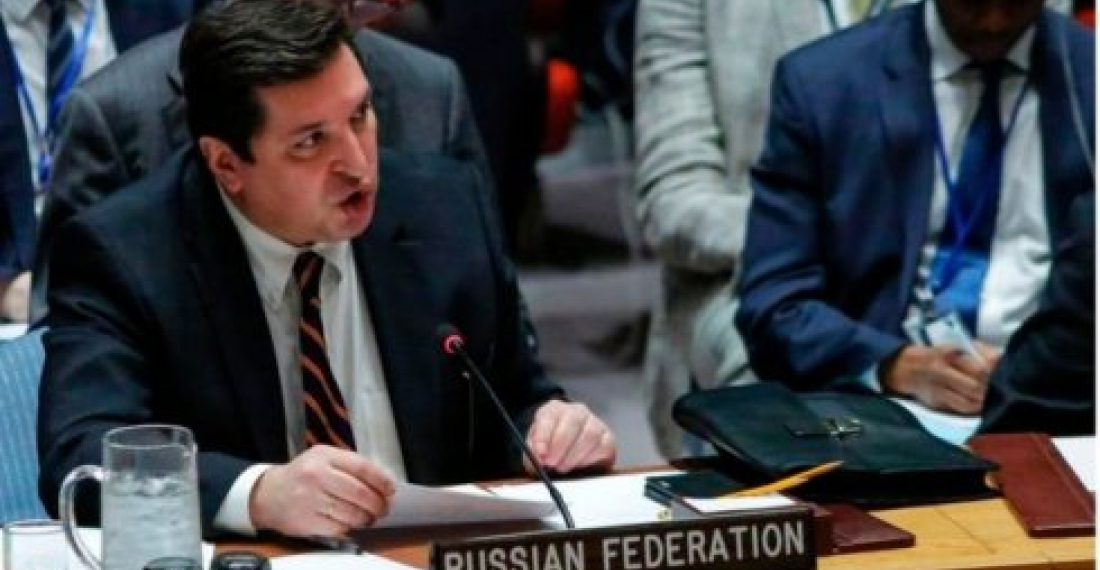This is a commentary prepared by the political editor of commonspace.eu
The US missile strike on Syria, despite Russia's protection, has left president Putin licking his wounds. His response may be closer to home, in Ukraine or Georgia, where Russia still has plenty of assets, and room for manoeuvre
The US airstrikes on Syria last week, whilst it was under the protection of the Kremlin, has left Russia's President Putin humiliated and licking his wounds. One had only to listen to the rantings of Russia's representative at an animated United Nations Security Council meeting on Friday (7 April) to understand the extent to which Russia felt humiliated. "Stop insulting Russia", warned Vladimir Sofronkov, The thinly veiled warnings aired in that meeting, and subsequently by other senior Russian officials, need to be taken seriously. The rhetoric increased rather than deflated during the visit of US Secretary of State Rex Tillerson in Moscow over the last days.
Given the current frame of mind of the Russian leadership, and Putin's own obsession with his macho image, it is likely that the Kremlin will respond quickly to the new situation with its own "shock and awe" move. This move may however not be in Syria.
Russia's political and military capacity, and space for manoeuvre, in Syria are limited. Putin may therefore opt for a response closer to home, in places where Russian assets remain plentiful, and where the Russian military remain stronger than their competitors. Ukraine and Georgia, already victims of Russian aggression in the last decade are two obvious places for the next round of Russian adventurism. Neither is a member of NATO, so unlike the Baltic states they are not guaranteed the protection of the United States and its allies.
In Ukraine Russia can escalate tension at any time through its current posture in Eastern Ukraine. If Russia's full diplomatic recognition of the separatist regions of Donetsk and Lugansk was until now a possibility, events in the last days have made it a probability. Recognition will immediately lead to a military escalation, but the proximity to Russia makes it much easier for Putin to support his allies here than in Syria.
In Georgia too, Russia maintains military superiority. With Turkey in political turmoil, and given NATO's limited capacity for action in the Black Sea, even if it wants to, Georgia remains exposed to Russian threats. So far these have been political - rumblings about a possible outright annexation of South Ossetia, fuelled by recent political developments in that territory; and Russian threats to withdraw from the Geneva Process that since 2008 has sought to keep Russia within the boundaries of diplomatic rules when it comes to Georgia.
In both scenarios further Russian land-grab cannot be excluded.
Over the next days Putin will weigh the risk of doing that, and worsening further his relations with the west, against the risk of not doing anything after Syria, and the harm that may do to his reputation as a tough kid on the block who will not be pushed around
It is only by making it clear that the cost of more adventurism is going to be high, very high, can western countries prevent Ukraine and Georgia from becoming yet again victims of their neighbours imperial appetite.
This commentary was prepared by the political editor of commonspace.eu.
Photo: Vladimir Sofronkov, Russia's Acting Permanent Representative to the UN, addressing the United Nations Security Council on 7 April 2017.






